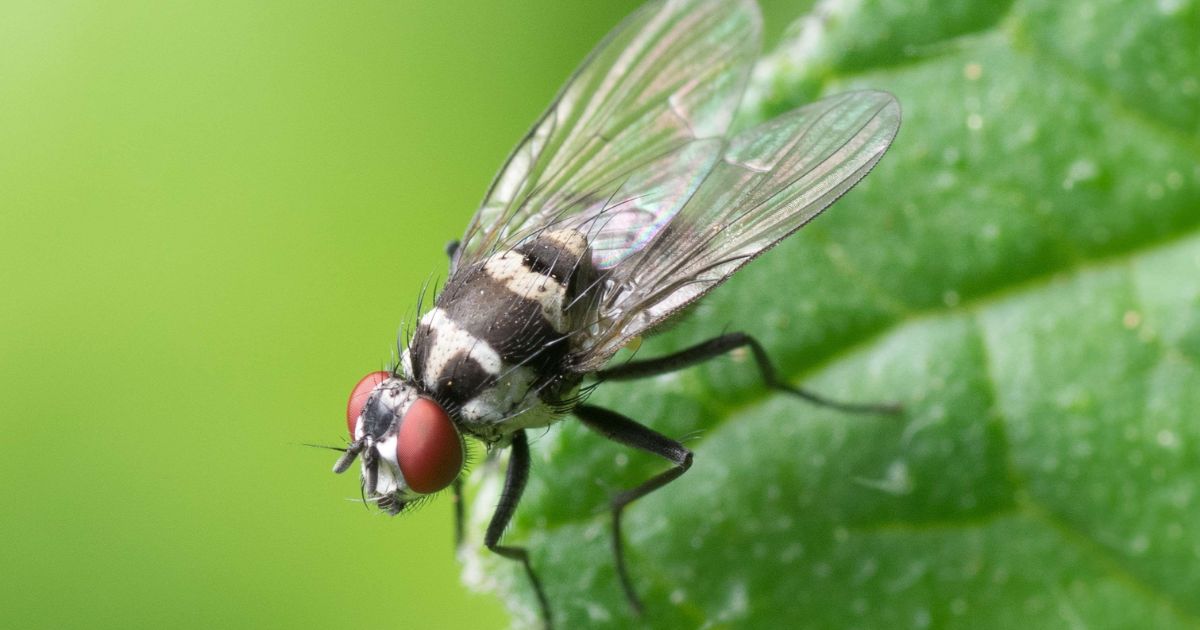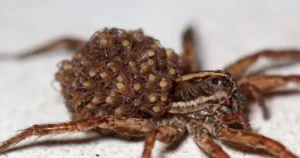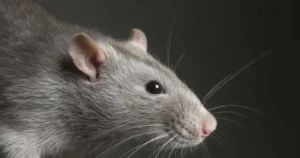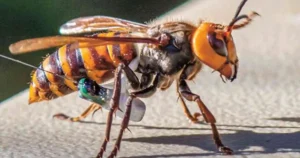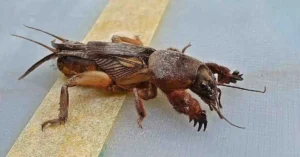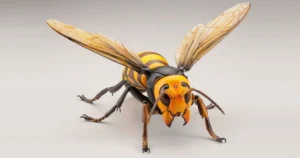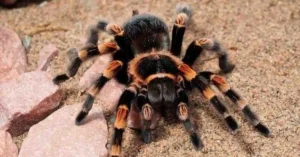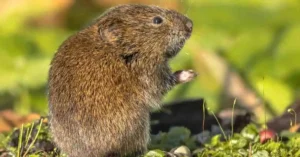Flying pests can quickly turn a peaceful home into a nuisance. These unwelcome invaders include mosquitoes, flies, moths, and gnats. Beyond being an annoyance, some flying pests pose health risks by transmitting diseases. While chemical repellents are effective, natural remedies offer safer and eco-friendly alternatives. This article delves into natural remedies to help you maintain a pest-free environment while integrating SEO-friendly strategies.
Why Choose Natural Remedies?
Natural remedies are not only cost-effective but also safer for families and pets. Unlike chemical-based repellents, they do not harm the environment or lead to toxic exposure. Natural options also allow you to maintain an organic lifestyle, making them ideal for eco-conscious households.
1. Herbs as Pest Deterrents

Many herbs naturally repel flying pests due to their strong scents.
Thyme
Thyme is effective against mosquitoes, hornworms, and whiteflies. Plant it in your garden or use crushed leaves around entry points to keep pests away.
Basil
Basil repels flies and mosquitoes while serving as a versatile herb for culinary purposes. It can be planted in pots near windows or blended into a DIY repellent spray.
2. Essential Oils for Pests
Essential oils are potent and versatile, offering a range of pest-control solutions.
Lavender Oil
Lavender’s calming aroma is effective against moths, mosquitoes, and flies. Apply diluted oil to your skin or place sachets in closets.
Eucalyptus Oil
Known for its ability to repel mosquitoes, eucalyptus oil can be mixed with water to create a spray for outdoor areas.
3. DIY Traps for Flying Pests
Homemade traps are an affordable way to capture and reduce pest populations.
Vinegar Fly Trap
Mix apple cider vinegar and dish soap in a bowl to attract and trap flies effectively.
Sugar and Soap Trap
This mixture works for gnats and fruit flies, providing an easy, chemical-free solution.
4. Natural Cleaning Practices
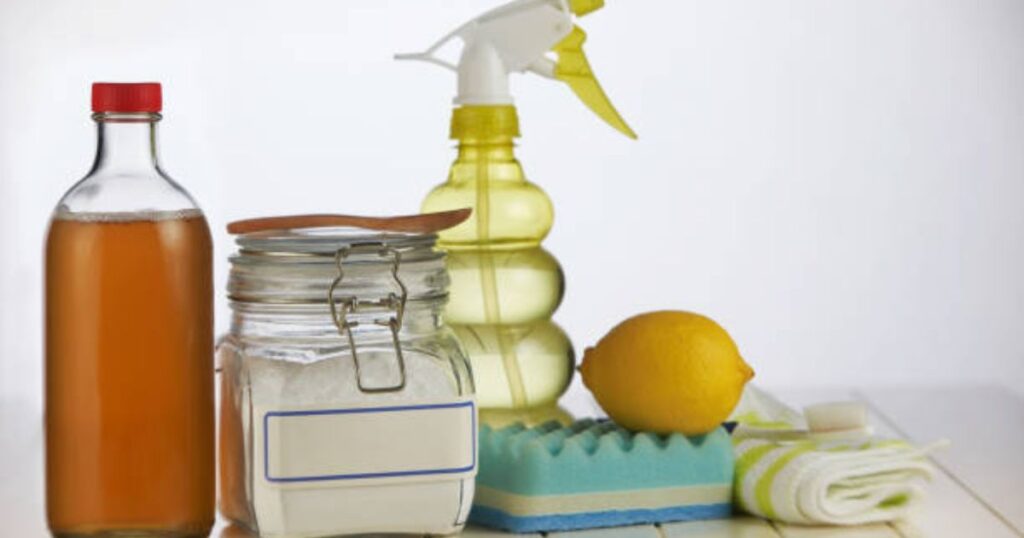
Cleanliness is pivotal in deterring flying pests.
Trash Management
Seal trash bins and regularly clean them to prevent flies. Remove food waste promptly to reduce attractants.
Regular Window Cleaning
Flies and gnats are attracted to dirt and residue. Cleaning windows reduces their landing zones.
5. Gardening Solutions
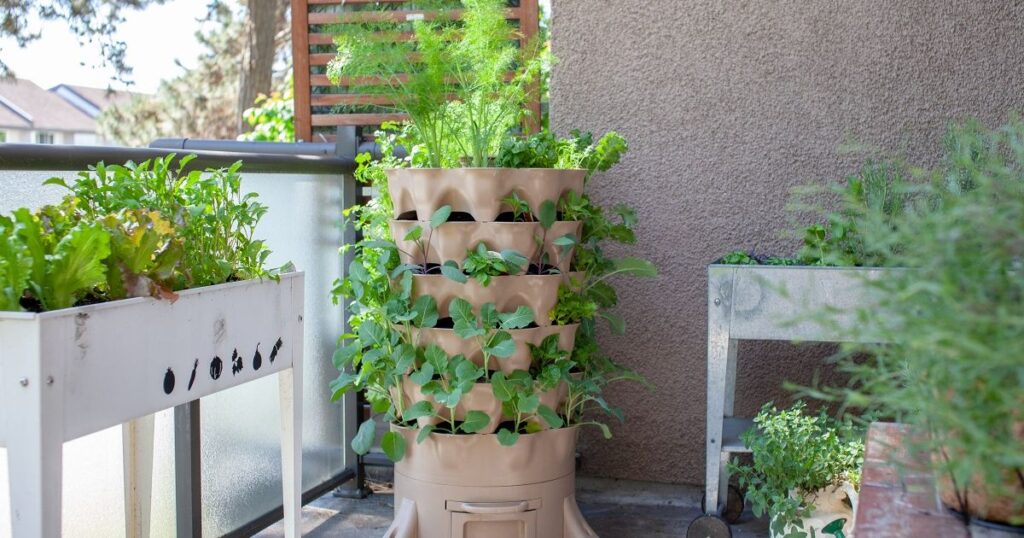
Certain plants naturally deter pests while beautifying your home.
Marigolds
Plant marigolds near doorways and windows to repel mosquitoes and flies. Their vibrant blooms are an added aesthetic bonus.
Mint
Mint’s robust scent keeps pests like aphids, mosquitoes, and ants at bay. However, plant it in containers to prevent overgrowth.
6. Light Control
Flying pests are attracted to light, particularly at night.
Use Yellow Bulbs
Switch to yellow or LED lighting to make your home less attractive to insects.
Limit Outdoor Lighting
Minimize exterior lighting or use covers to reduce pest activity around your home.
7. Natural Fly Repellents
Easy-to-make fly repellents are highly effective.
Citrus Peels
Scatter lemon or orange peels in high-traffic pest areas. Citrus repels many flying insects due to its strong scent.
Garlic Spray
Boil garlic in water to create a natural spray. This mixture deters flies and mosquitoes.
Conclusion
Natural remedies are a sustainable and efficient way to tackle flying pests. From using herbs and essential oils to creating DIY traps and ensuring cleanliness, these methods protect your home without harmful chemicals. For severe infestations, professional pest control services may still be necessary.
By incorporating these practices, you can enjoy a pest-free environment while aligning with eco-friendly values.
FAQs
What herbs are best for repelling flying pests?
Thyme, basil, and mint are highly effective. These herbs can be planted in gardens or used in sprays to repel mosquitoes and flies.
Can essential oils be used safely around pets?
Yes, but some oils, like tea tree and eucalyptus, can be toxic to pets if ingested. Always dilute oils and use them in areas inaccessible to pets.
How do I prevent flies from entering my home?
Seal windows and doors, install screens, and minimize food waste to prevent flies from entering.
Are DIY traps as effective as store-bought solutions?
DIY traps like vinegar bowls can be highly effective for common pests like fruit flies but may not work for larger infestations.

James William is a passionate animal lover and expert in the Animals and Pets niche. With years of experience in pet care, wildlife studies, and blogging, James shares practical tips, heartwarming stories, and expert advice to help pet owners build stronger bonds with their furry, feathered, and scaly companions.
